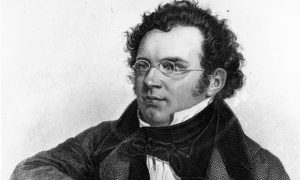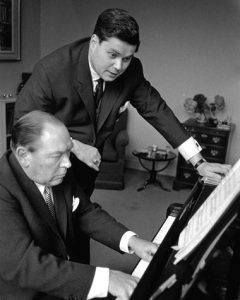★ Trip To London, Nov 2016
友人たちに会いにロンドン、ヨークへ。大切な友人Annとのうれしい再会。小さいAdriは大都会に興奮気味。ずっと会わなかった英国の友人とも連絡が取れ、12年前に通ったヨーク大学の広いキャンパスを歩くこともできました。大切なヨークシャーの恩人をHelmsleyのご自宅に訪ねる時Yorkshire Daleに大きな虹がかかりました。帰りのMolton駅ではこの旅で一番心が動いた瞬間があり、思い出いっぱいの旅でした。
<写真集Cover>
Top Pageへ
 City of London City of London |
 Hyde Park w/ Ann Hyde Park w/ Ann |
 Hotels Hotels |
 Theaters Theaters |
 Shopping Shopping |
 City of York City of York |
 Yorkshire Yorkshire |
 The Green Park The Green Park |
 Trains & Stations Trains & Stations |
 Univ of York Univ of York |

 Ann’s Family
Ann’s Family



























